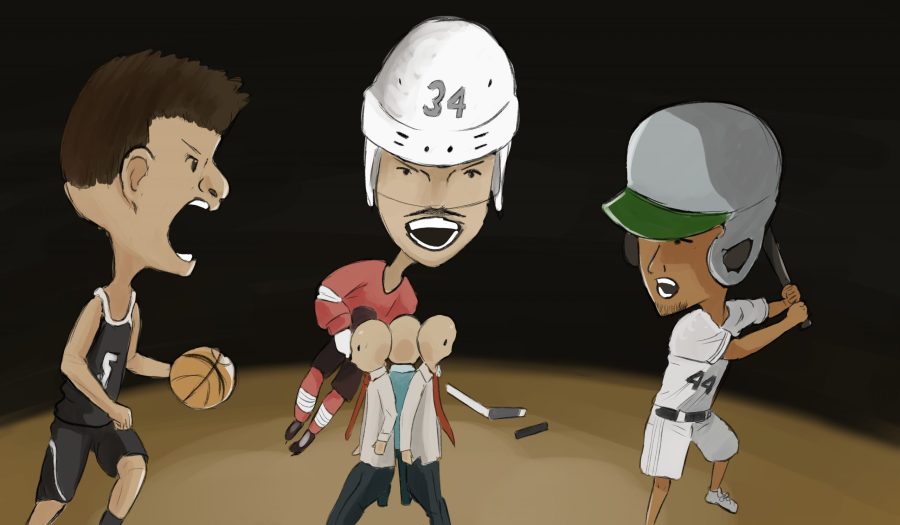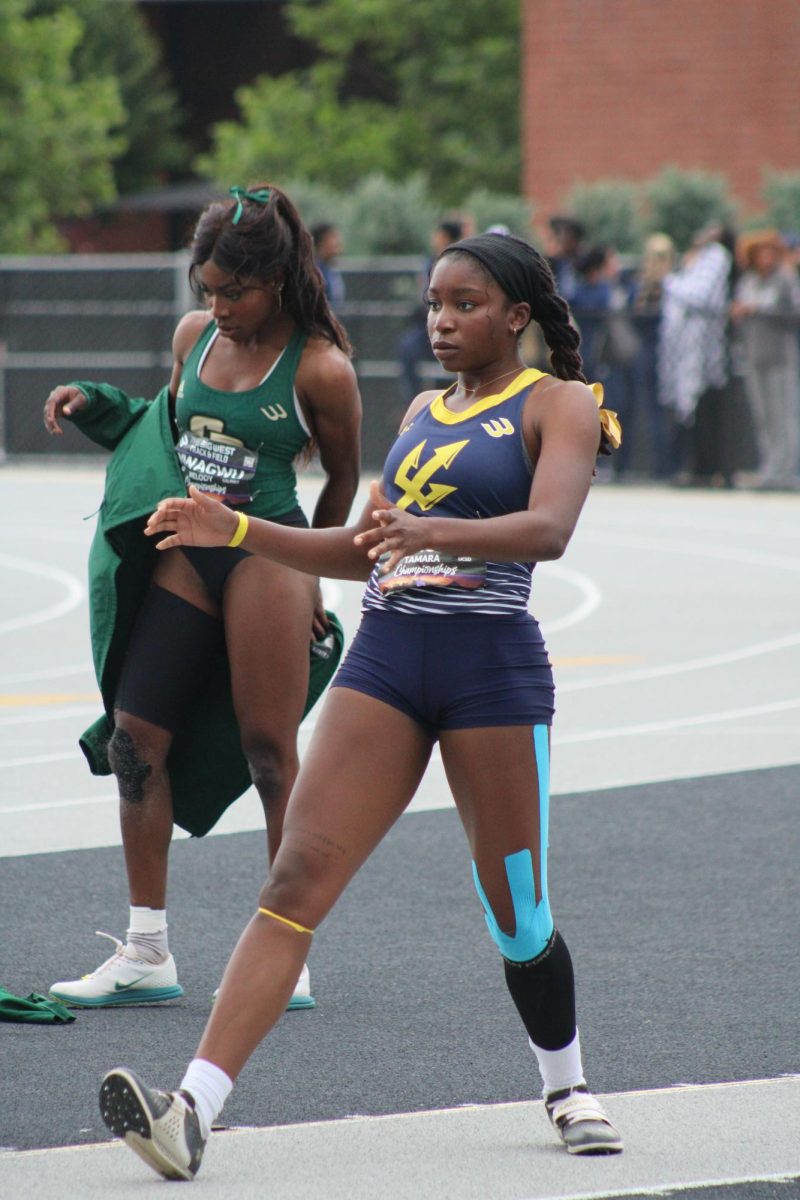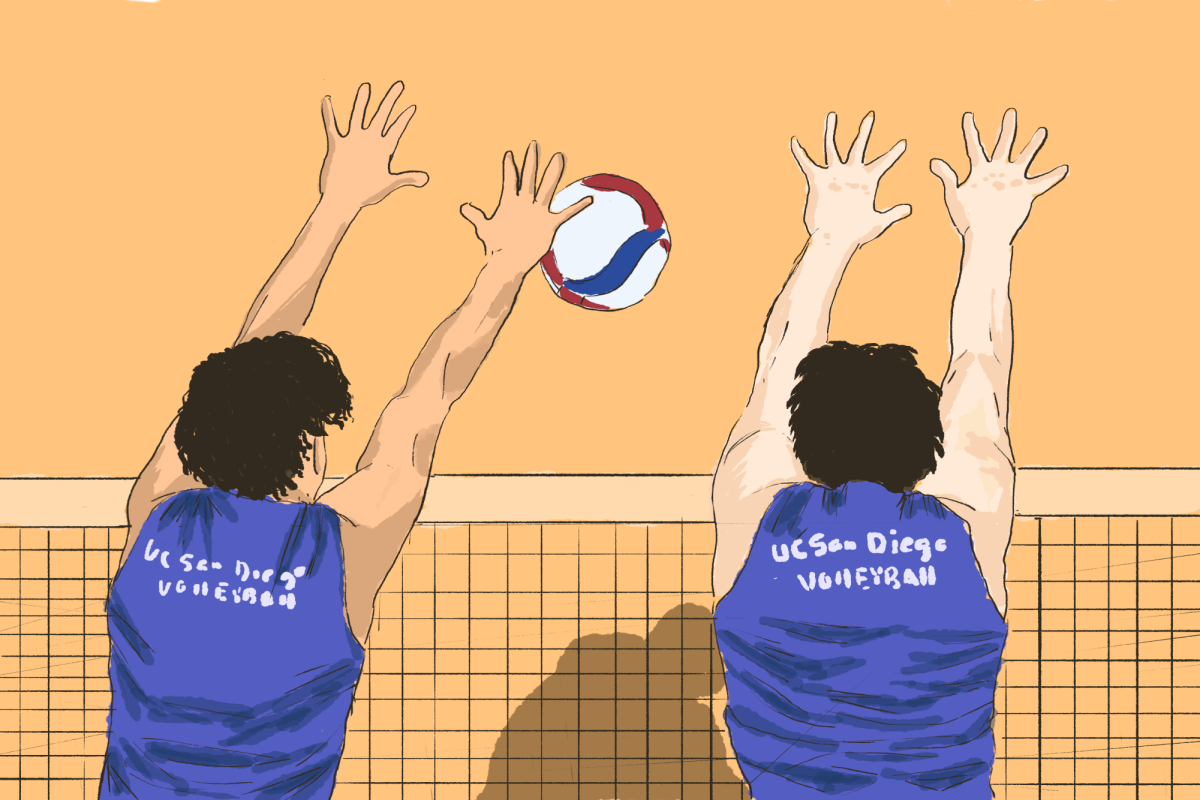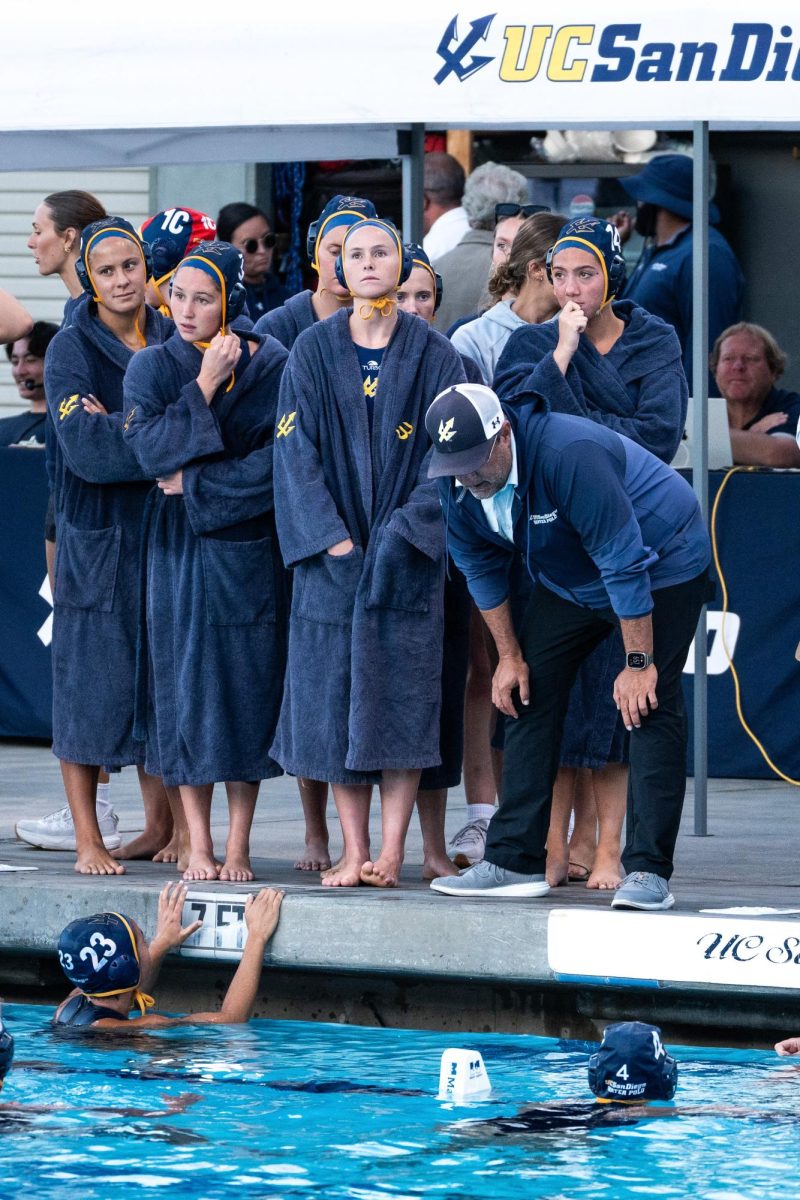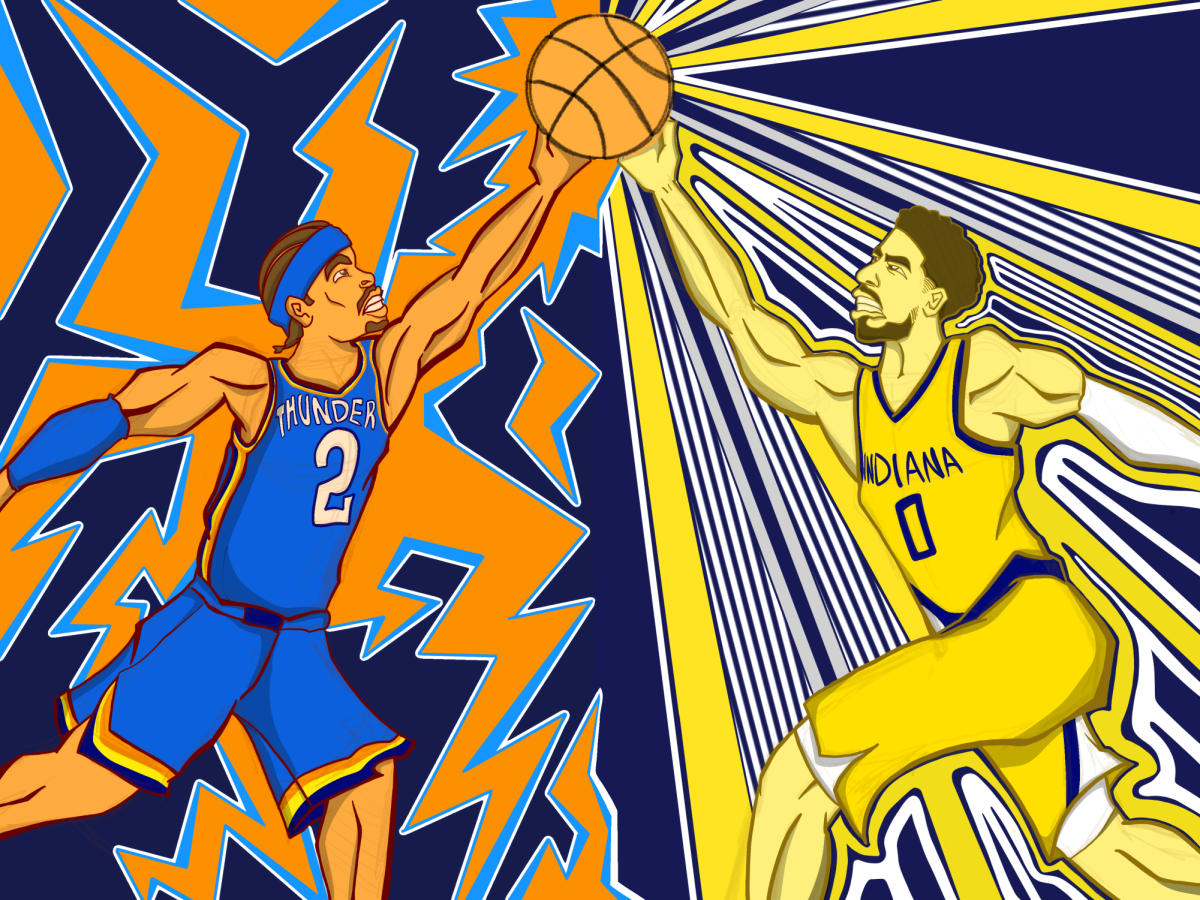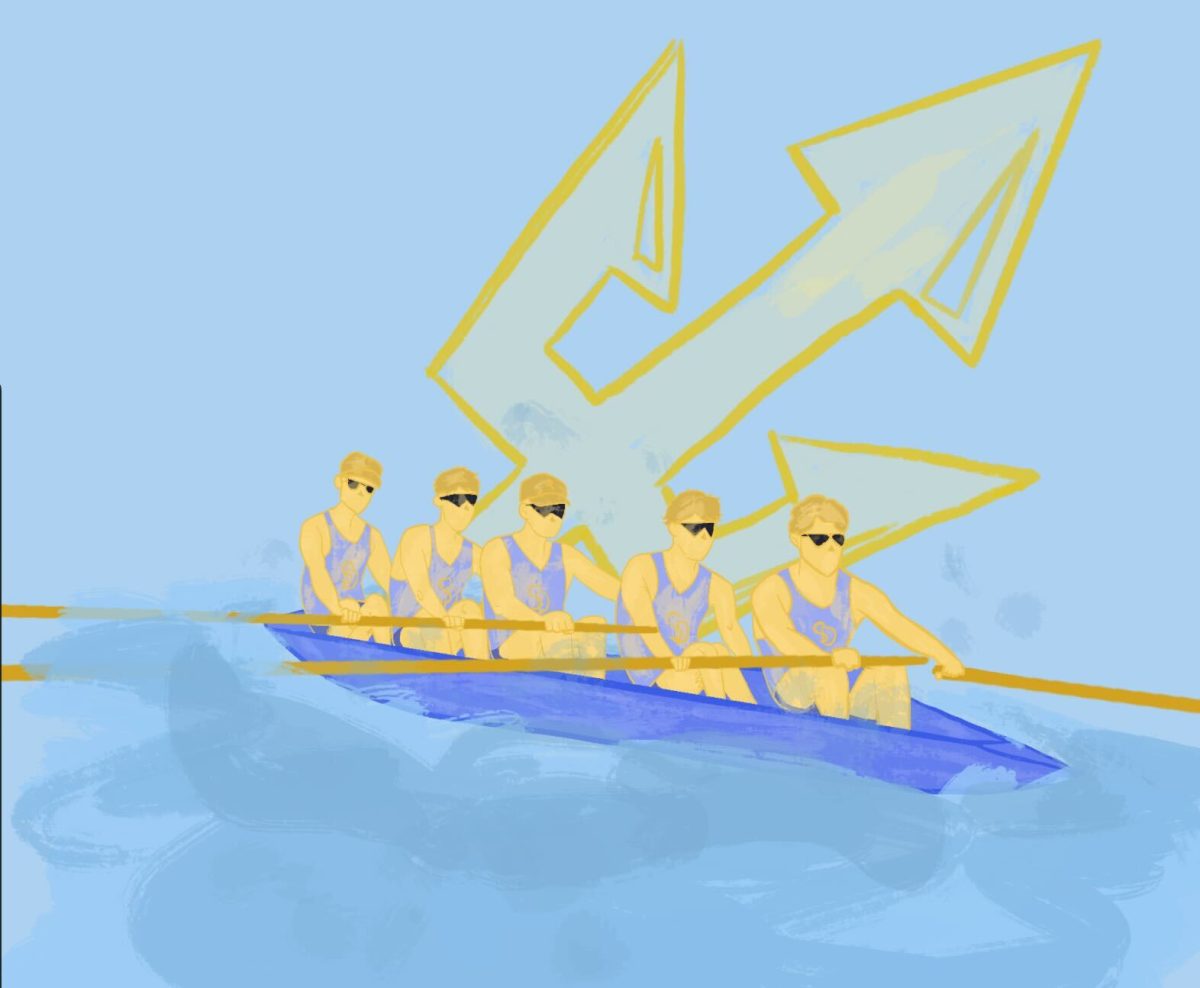More than two thirds of states will be relaxing pandemic regulations this week, and discussions abound in every major American institution over the fragile decision to eventually return to life as normal. Sports, of course, are no exception. Although it’ll be months before tens of thousands of fans can safely pack arenas, and even longer until they can do so without protective equipment and significant paranoia, plans are already underway in every major sport for a limited return to action. But while everyone seems to have their own opinions on what to do, the hard choices ahead have brought to light an age-old question: Between fans, owners, and athletes, who really runs sports?
The most heated discussions around reopening this week occurred in the MLB, as owners proposed a plan to begin spring training in June with an 82-game season ending in November; the plan also calls for 10,000 COVID-19 tests per week. The owners’ proposal, itself unlikely to be accepted without significant amendment due to player salaries being reduced to below even the previously agreed-upon prorated levels, received a 67-page reply from the MLB players’ union describing health and safety measures. The document all but confirms that when it returns, baseball will look markedly different: Players sit in the stands instead of the dugout, high fives, hugs, and even spitting will be banned, and fielders will be encouraged to step away from baserunners between pitches.
But even with these changes, which themselves will be an uphill battle to constantly enforce, there is still concern from players on the viability of the season. Washington Nationals reliever Sean Doolittle expressed his doubts on Twitter, pointing out that the MLB could divert necessary resources from hospitals and essential workers, and that many team and stadium staff members could be vulnerable — let alone players with pre-existing conditions). “It feels like the conversation about an MLB restart has shifted to the economic issues and that’s really frustrating,” Doolittle wrote. “Until there’s a vaccine, let’s focus on keeping everyone as safe as possible & minimizing the risks so we can play baseball again.” There is also the question of what it might take for the season to be suspended again – given that, at the very least, one in every couple hundred Americans has contracted COVID-19, how many positive tests out of the few thousand people involved in professional baseball will it take to shut it back down?
While the NBA pre-season normally does not begin until the end of September, the discussions around its return are similarly shrouded in uncertainty. The NBA, as you might remember, had the most dramatic sports closure in mid-March, as All-Star center Rudy Gobert’s positive test forced a rushed cancellation of a game just minutes before tipoff. This week, in what can only be called the Dream Team of Zoom calls, LeBron James, Anthony Davis, Kevin Durant, Giannis Antetokounmpo, Kawhi Leonard, Stephen Curry, and Russell Westbrook reportedly spoke and unanimously agreed that the season should finish.
But, of course, this is far from a full endorsement of NBA players. e’ve seen that star players’ interests often do not align with the rank-and-file, most recently in the NFL’s collective bargaining agreement); however, Yahoo’s Chris Haynes reported that most players favored going directly to a playoff without playing the remaining 15 to 19 regular season games per team, which would halve the number of exposed players and personnel.
Yet the NBA, like any league attempting to reopen under the current circumstances, has some tough questions to answer. Basketball, more than baseball, has a great deal of close physical contact, and if even a single player or staff member contracts COVID-19 — which is symptomless in many cases, especially for those with the physical gifts of an NBA player — the league could rapidly have an outbreak on its hands, even with the most stringent social distancing and testing measures. It took just hours to close down the NBA after Gobert’s diagnosis. Even if the NBA is able to continue to play under these circumstances, it’s debatable whether the resources and mental strain required are worth the return of the league. If a single positive test would shut down the league, commissioner Adam Silver said, “we probably shouldn’t go down this path.” So the league faces a tough choice between playing through multiple positive tests, and restarting the league only to stop it in the likely event of a player or staff test.
In addition to the legitimate public health nightmare that is reopening sports, the tension between ownership and players is reaching a boiling point. The owners of sports franchises have obviously been in favor of reopening, understandably, due to the amount of money their billion-dollar holdings have been hemorrhaging during this crisis. But franchise owners don’t have to worry about being down on the field, and they also have less cause to worry about lost revenue — the rate of appreciation of sports teams as a financial asset will more than cover that. Luckily for the players, however, all four major sports leagues’ athletes are represented by relatively powerful unions, preventing owners from outright forcing athletes to play.
But missing in all this, of course, is the role of the fan. And the above financial arguments might sound ridiculous to all of us down here on the ground — just the bickering of multi-millionaires against multi-billionaires. After all, as states begin to reopen, millions of employees across the country, lacking both the strong union representation and income of professional athletes, will be forced by necessity to return to their jobs with trepidation. Yet it’s still concerning to see people, from sports commentators to regular social media commenters, demand that players suck it up and return to work.
It’s a curious phenomenon in nearly every sports labor dispute, wherein a large contingent of fans carry water for ownership by complaining about the supposed entitlement of players refusing to play, either because of their large salaries, the fact that they play a sport for a living, or because fans just want to see their favorite pastime back. But it’s always good to remember that athletes can be taken advantage of too, and that they aren’t any less reasonable than any other worker demanding their right to safety and the wages they’ve agreed to. If anything, our response as fans to the disconnect between the privileges of players and those of healthcare workers and essential employees shouldn’t be to chastise the athletes for having it too good – it’s to ask why the real heroes around us aren’t owed better.
We all want to see sports back as soon as possible—as someone who writes sports articles every week, that feeling is as intense as anyone else’s.) But the need to watch our favorite stars should at the very least be accompanied by a respect for their rights and safety, as well as for the coaches and staff that support them. Reopening too late will incur an opportunity cost, yes, and it will be tough for the billions of sports fans around the world. But reopening too early could be at best stressful, and at worst, fatal. However much we may look to them as an escape from the world around us, sports remain inextricably a part of real life, full of real people with fears like you and I. If the demands of players for a safe working environment seem too far out of line with the ways in which we treat the workers who are actually responsible for running our country, then it should be obvious whose situation really needs to be changed.
Art by Anthony Tran


